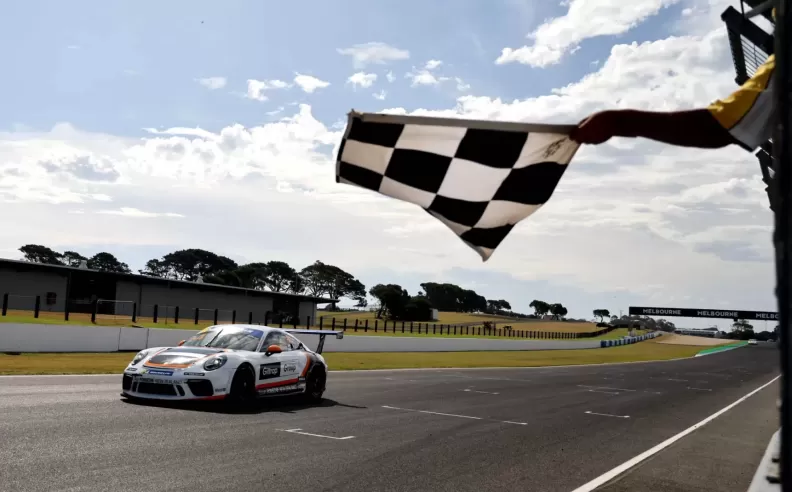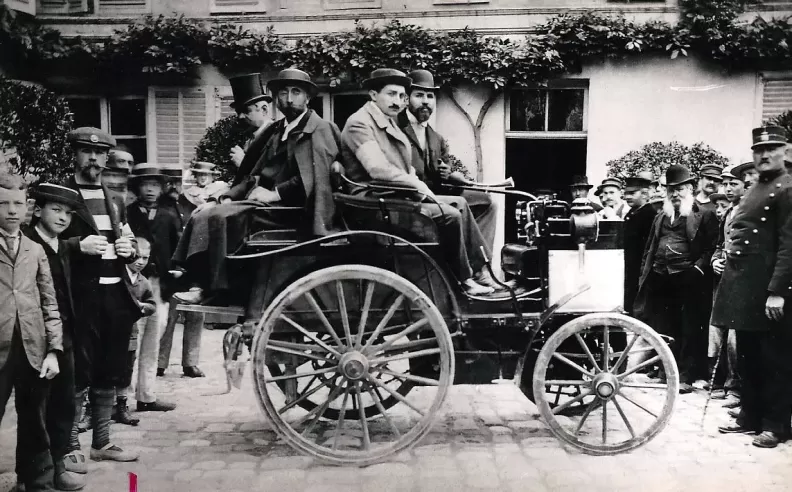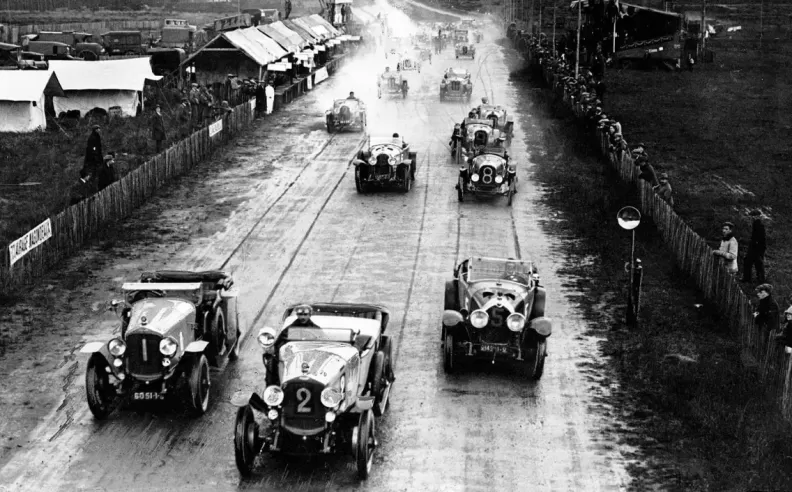
Motor racing stands as a testament to humanity's insatiable desire for speed, competition, and technological innovation. From its humble beginnings to the adrenaline-fueled spectacles witnessed today, motor racing has undergone a remarkable evolution. This article delves into the history of motor racing, highlighting pivotal moments and iconic races that have shaped the sport into what it is today.

The late 19th and early 20th centuries marked the birth of motor racing, driven by the rapid advancement of internal combustion engine technology. The first official motor race, the Paris-Rouen race of 1894, saw steam-powered, gasoline-powered, and electric-powered vehicles compete over a 79-mile course. The victory of the gasoline-powered car marked the triumph of a technology that would dominate the racing scene for years to come.

Indianapolis 500 (1911): This iconic oval race is one of the oldest and most prestigious in motorsport history. Held annually at the Indianapolis Motor Speedway, the first Indy 500 set the tone for American motorsport. The race's 500-mile distance, technical challenges, and competitive nature attracted top drivers, solidifying its status as the "Greatest Spectacle in Racing."
24 Hours of Le Mans (1923): Endurance racing took center stage with the introduction of the 24 Hours of Le Mans. This French race challenges teams to push their vehicles to the limits for a full day, showcasing not only speed but also the durability of machines. The race's allure lies in the blend of speed, strategy, and the teamwork required to conquer the grueling distance.

Following World War II, Formula One (F1) emerged as the pinnacle of motor racing, characterized by highly-engineered, open-wheel cars. This era introduced some of the most legendary drivers and races in the sport's history.
Monaco Grand Prix (1929): The winding streets of Monaco host one of the most glamorous and demanding races on the F1 calendar. The Monaco Grand Prix's narrow track, sharp corners, and close proximity to barriers challenge drivers' skills to the fullest, showcasing a unique blend of precision and courage.
Italian Grand Prix at Monza (1950): As one of the oldest tracks on the F1 calendar, Monza has witnessed countless historic moments. The high-speed layout, combined with the passionate Italian crowd, creates an electric atmosphere. Its long straights and steep banking have made it a breeding ground for record-breaking speeds.

The latter half of the 20th century saw motorsport expand its global footprint, embracing technological advancements and pushing the boundaries of speed and safety.
Japanese Grand Prix, Suzuka (1987): This race marked a turning point in motorsport history as Ayrton Senna and Alain Prost clashed in one of the most intense rivalries. Their collisions at Suzuka, in particular, defined the season and left an indelible mark on F1's history.
Singapore Grand Prix (2008): As the first-ever night race in F1, Singapore brought innovation to the forefront. The dazzling cityscape backdrop, combined with the challenge of racing under artificial lights, added a new layer of excitement to the sport.
Motor racing's evolution from its pioneering days to the modern era has been an exhilarating journey, marked by technological breakthroughs, iconic venues, and legendary drivers. The sport's rich history reflects humanity's unwavering pursuit of speed, competition, and excellence. As we look toward the future, it's clear that motor racing will continue to captivate enthusiasts around the world, providing a platform for innovation, entertainment, and the celebration of human achievement.

Wael is an automotive content writer specializes in creating written content for Motor 283. Producing a wide range of content, including blog posts, articles, product descriptions, reviews, and technical guides related to cars, trucks, motorcycles, and other vehicles, with an unprecedented passion for cars, and motorcycles.

